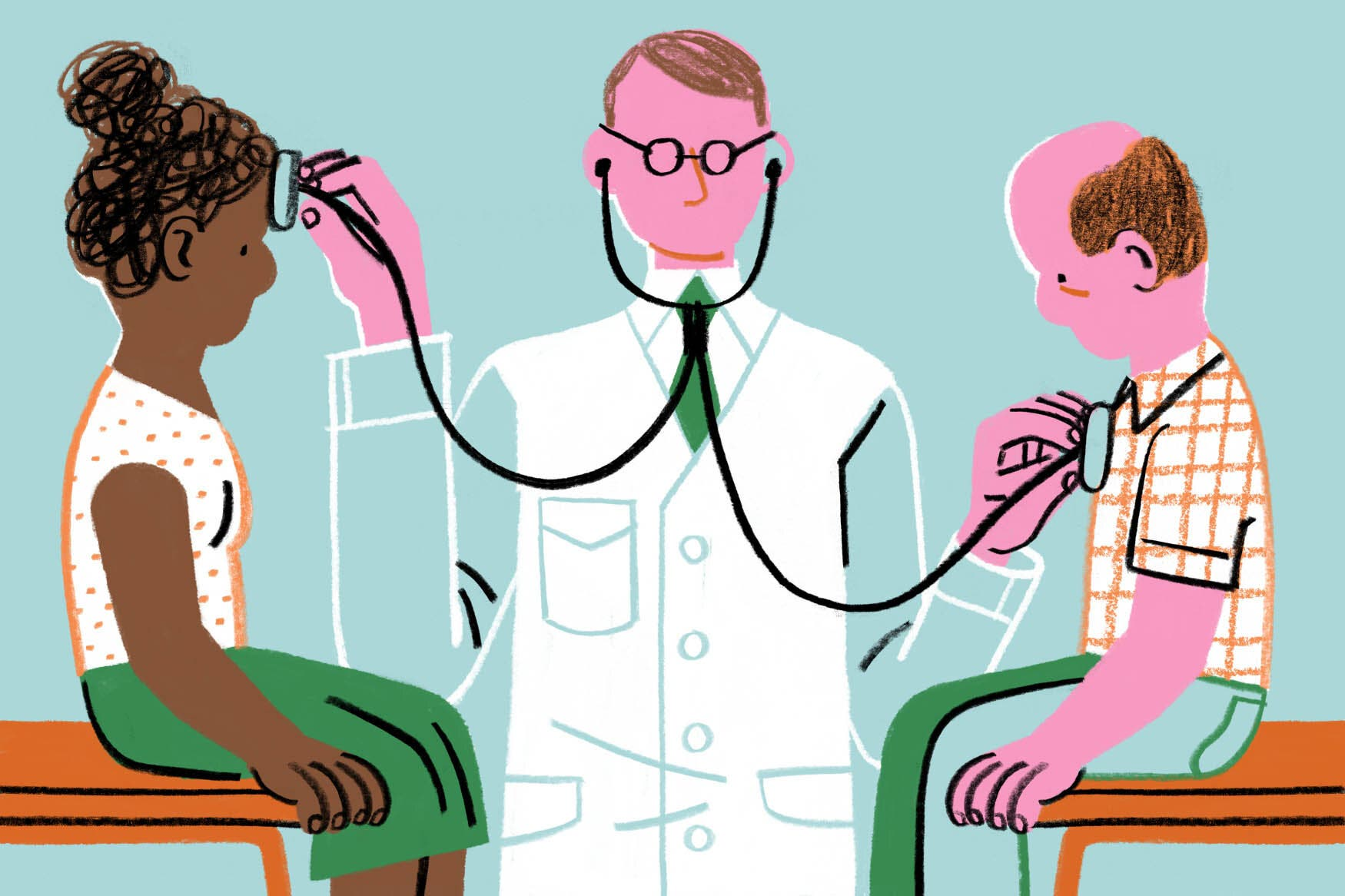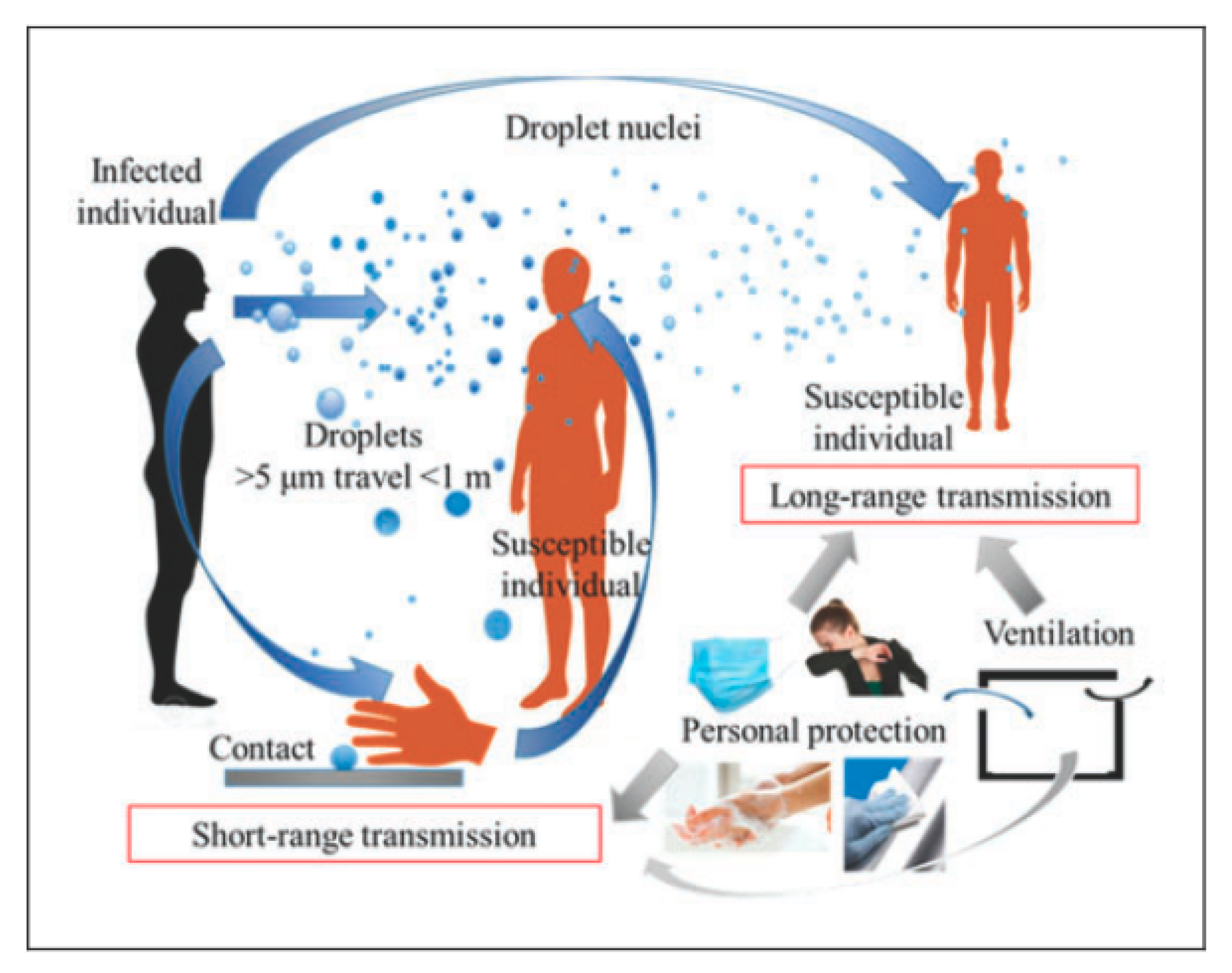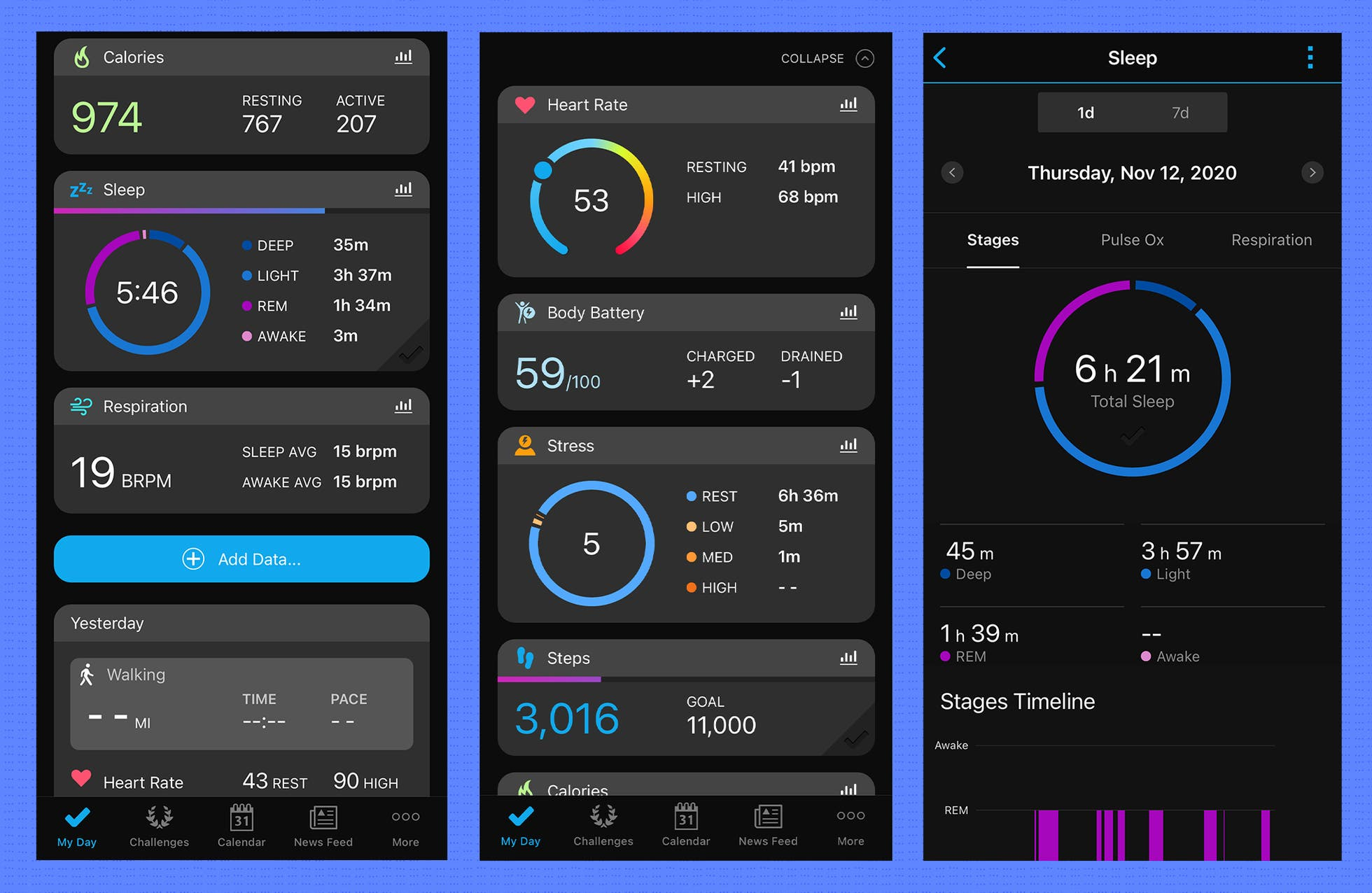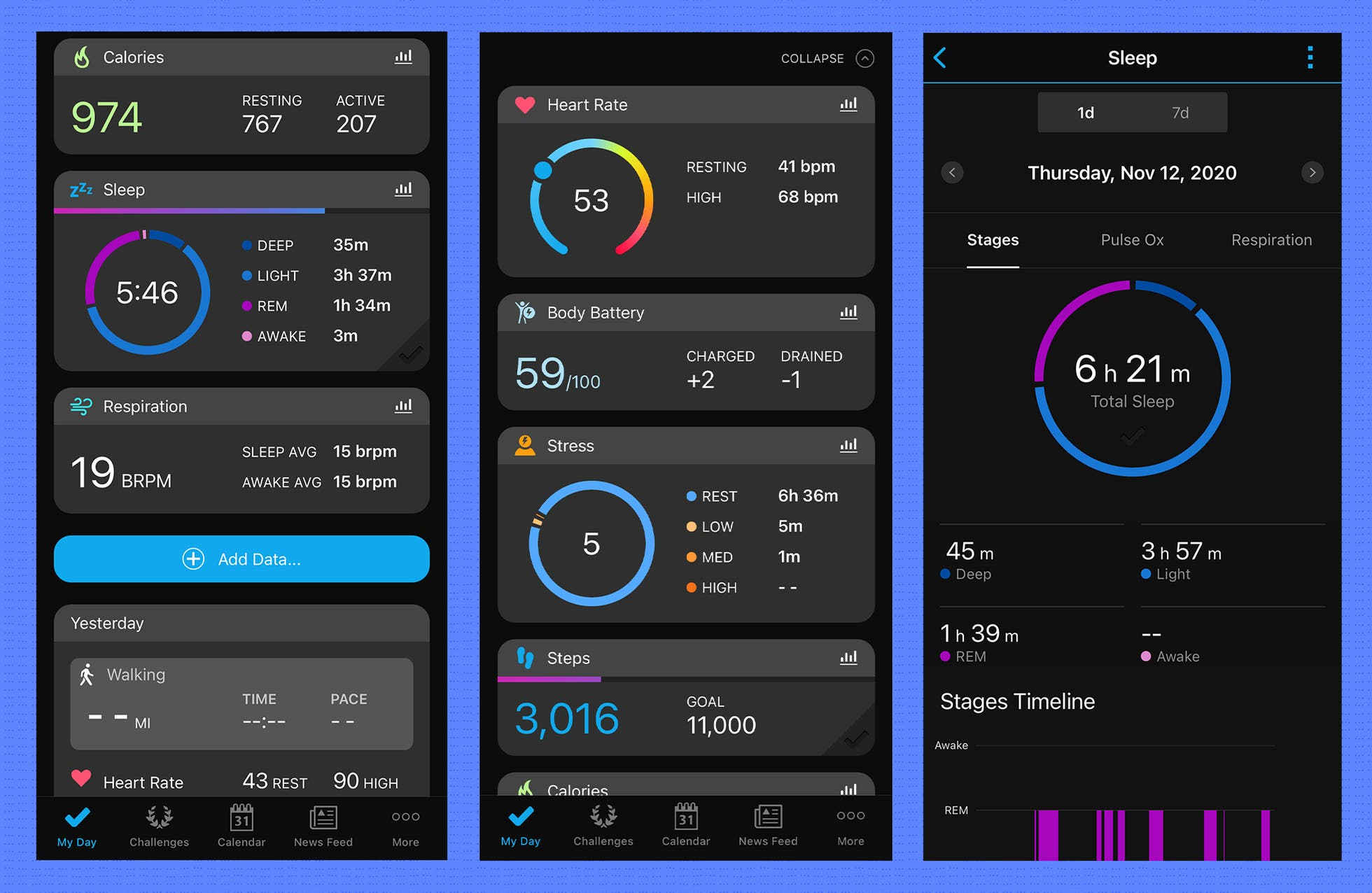Medical gaslighting, a troubling phenomenon in healthcare, can leave patients feeling misunderstood and invalidated. This issue frequently arises when doctors struggle to identify causes for chronic illness symptoms, leading some to imply that those symptoms are imaginary. Patients may feel dismissed or minimized, particularly when faced with conditions that are difficult to diagnose, like long COVID or irritable bowel syndrome. The growing discourse around medical gaslighting highlights the critical need for improved doctor-patient communication, where empathy and understanding are paramount. Addressing physician burnout is essential to fostering better relationships and outcomes for patients caught in a cycle of medical invalidation.
Often referred to as medical invalidation, the experience of feeling dismissed or misunderstood by healthcare providers is becoming increasingly recognized. This issue reflects broader challenges in doctor-patient communication, particularly in the context of chronic illnesses that elude straightforward diagnosis. With rising pressures on physicians—ranging from bureaucratic demands to high patient loads—the potential for misunderstandings and inadequate support has never been greater. To combat this, enhancing patient empathy within medical practice can not only validate patient experiences but also improve overall care outcomes. As we delve deeper into this complex issue, it becomes clear that addressing the roots of medical gaslighting is crucial in restoring trust between providers and patients.
Understanding Medical Gaslighting in Modern Healthcare
Medical gaslighting is a term that has gained significant traction in recent years, particularly on social media platforms. It refers to a situation where a patient feels that their health concerns are dismissed or invalidated by healthcare providers. Many patients dealing with chronic illnesses, such as long COVID or irritable bowel syndrome, may find themselves in a position where doctors imply that their symptoms are fabricated or exaggerated. This can often lead to feelings of frustration and helplessness, as patients seek answers but are met with skepticism instead.
However, it’s essential to differentiate between intentional gaslighting and what some professionals refer to as medical invalidation. As noted by psychologist Alexandra Fuss, many instances of perceived gaslighting stem from the pressures faced by healthcare providers rather than a deliberate attempt to mislead patients. Doctors often face overwhelming caseloads and administrative burdens that can affect their ability to truly empathize and engage with patients, resulting in unintentional dismissive behavior.
The Impact of Physician Burnout on Patient Care
Physician burnout is a critical issue in the healthcare system, affecting an alarming number of healthcare professionals. With physicians often being required to see an increasing number of patients in limited timeframes, their ability to communicate effectively and empathetically is severely compromised. This lack of time can lead to rushed appointments, where doctors may not be able to address all of a patient’s concerns adequately. The resulting dynamic can lead to feelings of invalidation in patients, where their struggles seem to be overlooked, contributing to the cycle of frustration and distrust.
Addressing physician burnout should be a priority for healthcare systems aiming to improve patient outcomes. Implementing structural changes that allow doctors more time to interact with patients can foster a better doctor-patient communication environment. When physicians can spend more time with patients, they can build rapport, actively listen, and validate patients’ experiences, reducing the likelihood of medical invalidation and fostering a healing environment.
Shifting the Conversation: Medical Invalidation vs. Gaslighting
The distinction between medical gaslighting and medical invalidation is crucial for understanding interactions between patients and healthcare providers. Medical invalidation occurs when a patient’s experiences or symptoms are dismissed as unimportant or illusory, often without the intent to harm. In contrast, gaslighting implies a deliberate manipulation intended to make someone doubt their reality. By recognizing the nuances in these terms, we can encourage more compassionate discussions about how to improve the healthcare experience for patients.
Educating both healthcare providers and patients about the differences between these concepts can encourage a more empathetic approach in medical settings. Accepting that some behaviors may stem from systemic issues—like physician burnout or overwhelming documentation requirements—can open pathways to dialogue about improving provider education and patient care. By fostering a culture of understanding and empathy within medical practices, we can significantly mitigate feelings of invalidation among patients.
The Role of Effective Doctor-Patient Communication
Effective doctor-patient communication is fundamental to improving health outcomes and reducing feelings of medical invalidation. When providers make a conscious effort to actively listen to their patients and validate their experiences, it can lead to more accurate diagnoses and a stronger therapeutic alliance. Patients who feel heard are more likely to adhere to treatment plans and engage in their health management, ultimately contributing to their overall well-being.
Moreover, training healthcare providers in effective communication strategies can enhance their emotional intelligence and empathy. Techniques such as reflective listening and open-ended questioning can facilitate a deeper understanding of a patient’s concerns, addressing both medical and psychological aspects of care. This approach not only improves patient satisfaction but also helps to alleviate the pressures faced by doctors, as they feel more competent and engaged in their roles.
Navigating Chronic Illness with Integrated Care
Patients with chronic illnesses often experience a complex journey filled with repeated appointments, various specialists, and numerous treatment options. This complexity requires a collaborative approach to care that integrates the physical and mental aspects of health. Unfortunately, patients may encounter medical invalidation when their symptoms cannot be easily categorized or treated. Therefore, a team-based approach that includes not just physicians, but also psychologists, nutritionists, and other specialists, becomes essential.
Collaborative care models can ensure that all aspects of a patient’s health are considered. By integrating multiple disciplines, healthcare providers can work together to validate symptoms and create comprehensive treatment plans tailored to individual needs. This not only improves the quality of care received by patients with chronic illnesses but also helps diminish the feelings of isolation and dismissal that they may experience in traditional medical settings.
Empathy in Healthcare: A Catalyst for Change
Empathy plays a vital role in how patients perceive their care and the validity of their symptoms. In healthcare, an empathetic approach can transform a patient’s experience from one of frustration to one of understanding and support. When doctors take the time to truly empathize with their patients, it fosters a supportive atmosphere where individuals feel comfortable sharing their concerns and experiences, greatly reducing the likelihood of feeling invalidated.
Implementing training programs that emphasize empathy and compassionate communication within medical education can lead to positive changes in the healthcare experience. Such programs encourage future healthcare providers to not only focus on the clinical aspects of care but also recognize the emotional landscapes of their patients. Enhanced empathy from providers can lead to better patient outcomes, higher satisfaction rates, and a more trusting relationship between doctors and their patients.
The Importance of Recognizing Health Care System Pressures
The healthcare system is inherently complex and often fraught with pressures that can distort the provider-patient dynamic. Time constraints, administrative bureaucracies, and increasing patient volumes can lead to a culture where providers feel they must rush through appointments. This can inhibit effective doctor-patient communication and, in turn, foster a sense of medical invalidation as patients struggle to articulate their health experiences in a limited time.
Recognizing these pressures is crucial for both healthcare providers and patients. Acknowledging the challenges that physicians face allows us to cultivate a more forgiving and understanding environment for each party. By advocating for systemic changes such as workload adjustments and more supportive policies, we can pave the way for healthier interactions that prioritize patient empathy and validation, thereby addressing important root causes of medical invalidation.
Transformative Relationships in Healthcare Settings
Building transformative relationships between healthcare providers and patients is essential for effective treatment and diagnosis. When doctors invest the time and energy to develop meaningful connections with their patients, it not only enhances patient satisfaction but also increases treatment adherence. An environment that nurtures trust and empathy can empower patients, encouraging them to take an active role in their health journey.
Encouraging open dialogues about symptoms and experiences fosters a space for patients to express their concerns without fear of judgment. By actively engaging with patients and validating their feelings, healthcare providers can combat medical invalidation and build stronger therapeutic alliances. Such relationships not only improve individual patient outcomes but may also contribute to a healthier healthcare ecosystem overall.
Future Directions for Overcoming Medical Invalidation
Moving forward, it’s essential to address and overcome medical invalidation through proactive strategies within healthcare systems. Initiating training that focuses on the importance of empathy and patient-centered care can aid physicians in recognizing the significance of their communication styles. Additionally, creating opportunities for feedback from patients can help inform providers about their practices and highlight areas for improvement.
Collectively working towards improving healthcare policies that prioritize patient well-being and reduce provider burnout will create a healthier environment for both parties. Empowering healthcare professionals to communicate openly about their challenges can lead to innovative solutions and a stronger foundation for compassionate care. The ultimate goal is to foster an understanding and responsive healthcare system where every patient feels valued and heard.
Frequently Asked Questions
What is medical gaslighting and how does it affect patients with chronic illnesses?
Medical gaslighting refers to the dismissal or trivialization of a patient’s symptoms by healthcare providers, often leading to feelings of invalidation. Patients with chronic illnesses frequently experience this phenomenon when their symptoms are not easily explainable by conventional medical tests, causing them to feel that their experiences are not taken seriously by their doctors.
How can medical invalidation contribute to physician burnout?
Medical invalidation may contribute to physician burnout by creating a stressful environment where doctors feel pressured to produce quick diagnoses for complex patient issues. This pressure can lead to inadequate patient communication, which can leave both patients feeling unheard and physicians feeling overwhelmed, ultimately increasing the risk of burnout.
What role does effective doctor-patient communication play in preventing medical gaslighting?
Effective doctor-patient communication is crucial in preventing medical gaslighting. By fostering an empathetic dialogue where patients feel heard and validated, healthcare providers can build trust and ensure that patients’ concerns are addressed appropriately, thus reducing the chances of feelings of invalidation.
What are some signs of medical gaslighting that patients should be aware of?
Signs of medical gaslighting include dismissive attitudes from healthcare providers towards a patient’s symptoms, suggestions that a condition is ‘in the patient’s head,’ or unhelpful responses that highlight a lack of understanding of the patient’s experience. Recognizing these signs is essential for patients to advocate for their health effectively.
How can patients effectively communicate their concerns to reduce medical gaslighting?
Patients can reduce the risk of medical gaslighting by clearly articulating their symptoms, providing a detailed history, and expressing specific concerns to their healthcare provider. Asking informed questions and seeking clarification can also help ensure that their experience is acknowledged and validated.
What can healthcare providers do to avoid unintentionally engaging in medical gaslighting?
Healthcare providers can avoid engaging in medical gaslighting by actively listening to patients, validating their experiences, and expressing empathy. It is also important for providers to set aside adequate time for patient consultations to explore symptoms thoroughly and communicate transparently about uncertainties in diagnosis.
How does the societal discussion around medical gaslighting impact patient care?
The growing societal discussion around medical gaslighting raises awareness about the importance of patient experiences in healthcare. It encourages patients to advocate for themselves while prompting healthcare systems to reevaluate communication practices, ensuring that patient empathy is prioritized in medical interactions.
Why is it essential to distinguish between medical gaslighting and medical invalidation?
Distinguishing between medical gaslighting and medical invalidation is crucial because it emphasizes the need for empathy in healthcare. While gaslighting implies intentional deceit, medical invalidation often occurs without harmful intent. Acknowledging this difference allows for a more nuanced understanding of patient-provider dynamics and fosters a supportive path toward improving care.
| Key Points |
|---|
| Definition of Medical Gaslighting: Medical gaslighting occurs when patients feel dismissed by doctors, particularly regarding hard-to-detect conditions, suggesting their symptoms may be imagined. |
| Compassionate Care: Psychologist Alexandra Fuss emphasizes that many cases of ‘gaslighting’ are not intentional and should be viewed as ‘medical invalidation’ instead. |
| Systemic Pressures: Pressure on doctors due to high caseloads and time constraints can lead to inadequate patient interactions and feelings of invalidation. |
| Impact on Patients: Patients often leave appointments feeling unheard, which is exacerbated by the lack of time doctors have to engage meaningfully. |
| Need for System Change: Addressing the systemic issues within healthcare could significantly reduce instances of medical invalidation and improve patient-provider relationships. |
Summary
Medical gaslighting is a significant issue that continues to affect patients, often leading them to feel dismissed by their healthcare providers. As noted by psychologist Alexandra Fuss, this problem arises not from malicious intent but rather from systemic pressures on medical professionals. Many doctors are overwhelmed with their caseloads, leading to rushed appointments that prevent meaningful engagement with patients. Recognizing the distinction between medical gaslighting and medical invalidation is crucial for fostering compassion and improving the healthcare experience. Ultimately, it is imperative for the healthcare system to address these pressures to enhance communication and healing between providers and their patients.





